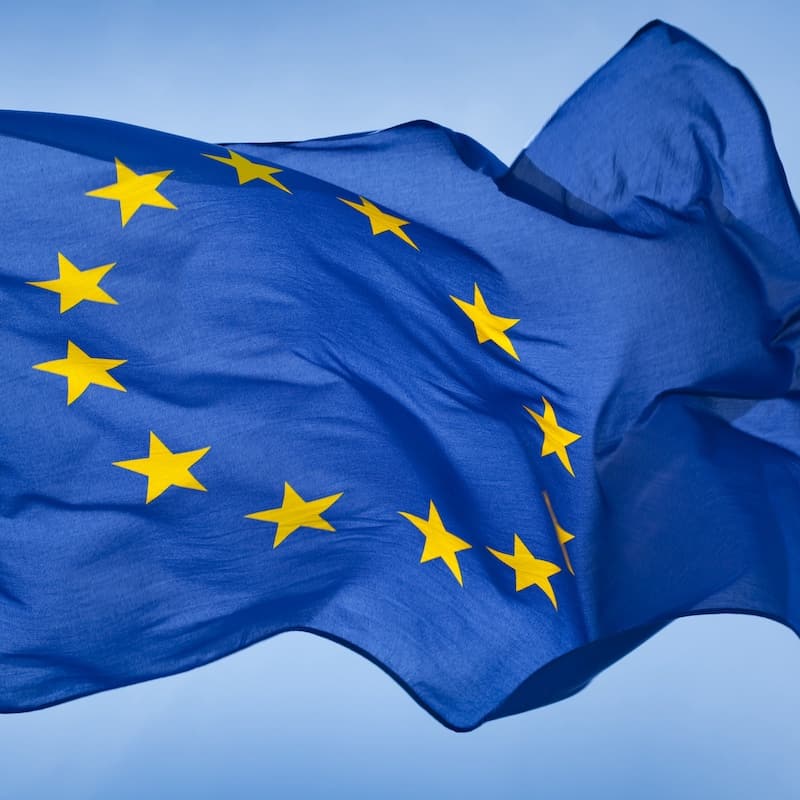The EU Seeks To End Travel Restrictions
The European Union is advising all EU member states to scrap all bans on non-essential travel for fully vaccinated tourists and recovered tourists from March 1, 2022.
The move comes as various European nations—including Sweden, Denmark, and England—are scrapping all internal COVID-19 restrictions and ‘learning to live with COVID-19’.
The EU’s New Recommendation
The EU has updated the recommendation on the temporary restriction of non-essential travel into the EU. They now recommend all EU nations stop the ban on non-essential travel for fully vaccinated and recovered tourists.
The EU Council said in a press release: “The amendments introduced to respond to the evolution of the pandemic, the increasing vaccination uptake and administration of booster doses, and the recognition of a growing number of certificates issued by third countries as equivalent to the EU digital COVID certificate,”
According to the EU, member states should allow entry for non-essential travelers who are fully vaccinated with a vaccine that’s accepted by the European Medicines Agency or the World Health Organization.
The European Medicines Agency has approved:
- Pfizer and BioNTech
- Moderna
- AstraZeneca
- Nuvaxovid
- Johnson & Johnson
The World Health Organization has approved:
- Pfizer and BioNTech
- Moderna
- AstraZeneca
- Nuvaxovid
- Johnson & Johnson
- Sinopharm
- Sinovac
- Bharat Biotech
- Serum Institute of India
However, travelers with vaccines approved by the WHO but not approved by the EMA may have to undergo pre-departure testing.
All travelers must have been fully vaccinated at least 14 days before their trip begins.
If travelers received their last vaccine dose over 270 days ago but haven’t received their booster shot, the EU will class them as unvaccinated.
Similarly, travelers who’ve recovered from COVID-19 in the last 180 days can enter the EU for non-essential purposes if they can provide proof of recovery.
The EU Council notes: “A negative PCR test before departure could also be required for persons who have recovered from COVID-19, as well as for persons who have been vaccinated with an EU-approved vaccine but do not hold an EU or equivalent certificate,”
The EU Council said all EU member states should permit entry to children between six and 18 who are unvaccinated but traveling with a negative PCR test result taken a maximum of 72 hours before departure.
They also say children under six must be exempt from any travel restrictions from March 1.
What Does This Mean For Travelers?
It’s fantastic news. Although the EU hasn’t advised on any changes for unvaccinated travelers, all fully vaccinated and recovered travelers can enter the EU for tourism without fear of quarantine or other measures.
Of course, EU member states can ignore the advice of the EU, but EU member states have generally followed the EU Council’s advice since the pandemic began.
Italy was the first nation to apply the EU’s latest advice yesterday.
Italy’s health minister, Roberto Speranza, announced visitors from third countries (Non-EU nations) will no longer have to undergo quarantine on arrival if they’re fully vaccinated or have proof of recovery from COVID-19.
Roberto Speranza said: “From 1 March, for arrivals from all non-European countries, the same rules already in place for European countries will be in force,”
“For entry into Italy, one of the conditions of the Green Pass will be sufficient: vaccination certificate, recovery certificate or negative test.”
Nevertheless, many EU nations are now dropping all COVID-19 entry restrictions and internal restrictions; this is excellent for American visitors. It gives Americans the confidence to travel to Europe this summer without fear of restrictions.

